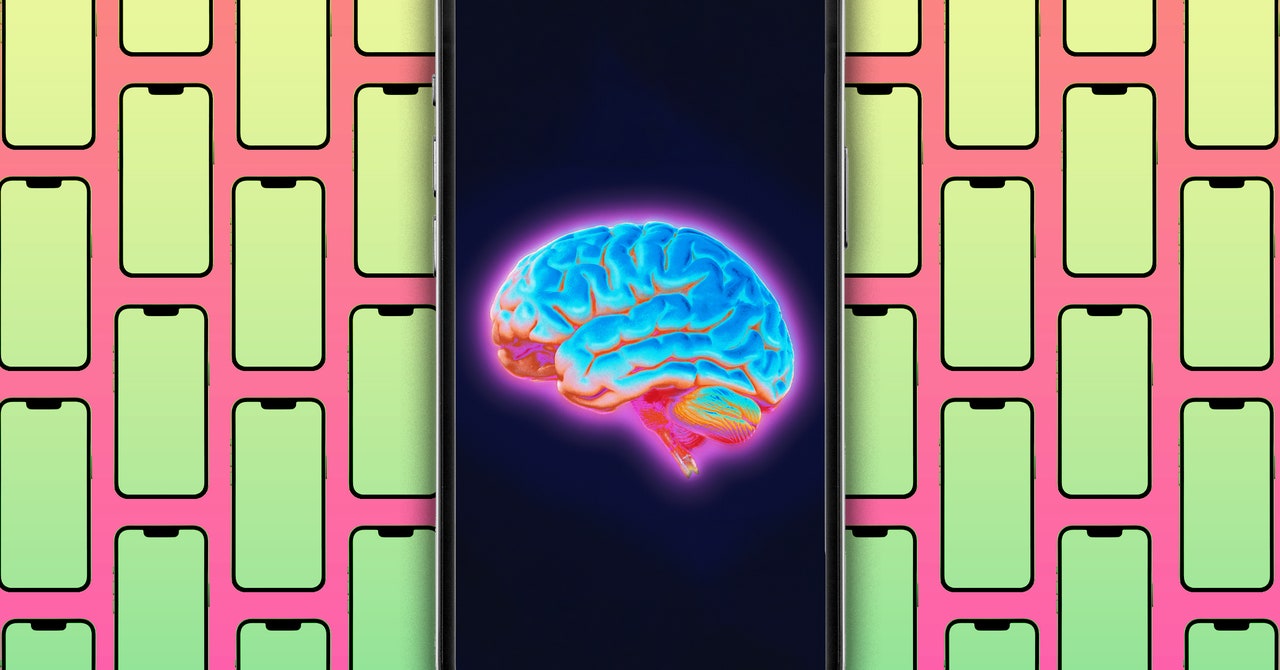
Apple has announced its next era. Your experience of using an iPhone, Mac, or iPad will be guided by, and suffused with, artificial intelligence. Apple calls it, of course, Apple Intelligence. It’s coming later this year. That’s right: We have another “AI” to deal with.
You may have heard plenty about how it makes Siri smarter, rewrites your emails and essays, creates never-before-seen emoji, and turns rough sketches into bland AI art.
It truly is a vision of the future. And, while not groundbreaking, thanks to the usual Apple gloss it may well be one of the most friendly, intuitive, and useful implementations of generative AI seen to date.
However, the pressing factor for most of us is that we are not invited, and the iPhone is the worst affected of Apple’s devices.
To use Apple Intelligence, you need an iPhone 15 Pro or iPhone 15 Pro Max. A regular iPhone 15 won’t do, meaning a mobile well under a year old is, at least in this specific sense, obsolete. Mac users just need an Apple Silicon computer, meaning one released in 2020 or newer.
Exclusion Zone
A more cynical take on this is that these exclusion timescales are tied to the average upgrade cycle of phones and laptops. A person might be considered normal if they upgrade their phone every year. Buying a new laptop every year means you are probably foolish, a theft-magnet, or just plain clumsy.
The reality is a lot more complicated. The computation required for at least some parts of Apple Intelligence is quite different to that of the average iPhone or Mac task.
And this has all been obscured to the average generative AI or chatbot dabbler so far because of the way all of us have been introduced to the form. When you use ChatGPT, Midjourney, or even Adobe Photoshop’s Generative Fill feature, your own computer is doing almost none of the real work.
That is done on remote cloud servers, which perform the necessary calculations then simply beam the final result over to your phone or laptop. In this sense, generative AI to date has been rather like a digital assistant, such as Siri or Alexa. It can, at times, do great stuff. But little to none of it is really happening on the device on which it is used.
Apple Intelligence will try, at least in part, to change that.
Apple’s Familiar Privacy Play
Why? “You should not have to hand over all the details of your life to be warehoused and analyzed in someone’s AI cloud,” said Craig Federighi, Apple’s senior vice president of software engineering, during Apple’s announcement of the new features.
“The cornerstone of the personal intelligence system is on-device processing. We have integrated it deep into your iPhone, iPad, and Mac, and throughout your apps, so it’s aware of your personal data without collecting your personal data.”
Services Marketplace – Listings, Bookings & Reviews
